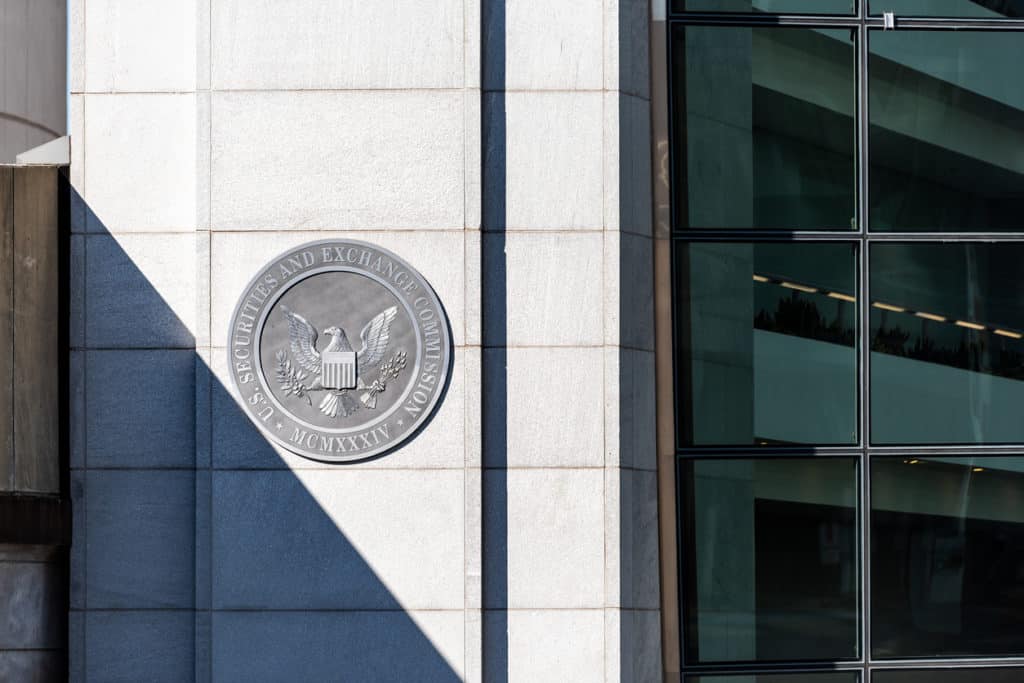On May 5, the U.S. Securities and Exchange Commission (SEC) issued a $279 million whistleblower award, the largest ever granted by the agency. In the following month, the SEC Whistleblower Program continued to issue final decisions on whistleblower award claims, including two awards and seven denials.
Through the SEC Whistleblower Program, qualified whistleblowers are entitled to monetary awards of 10-30% of the funds collected by the government in the case aided by the whistleblower’s disclosure. To qualify for an award, a whistleblower must voluntarily provide the SEC with original information that contributes to the success of an enforcement action of at least $1 million.
The first of the two awards granted by the SEC was issued on May 18. A whistleblower received an award for 30% of the sanctions collected in the case connected to their whistleblowing. According to the award order, the whistleblower “provided significant information and details about the fraudulent scheme and relevant individuals and gave multiple interviews to Commission staff.”
In the second award order, the SEC awarded two whistleblowers $2 million and $500,000 respectively. The order, issued on May 26, explains that the first whistleblower’s information “was more important to the investigation because [the first whistleblower’s] information was received by the Commission several years before [the second whistleblower’s] information.”
The SEC notes that the first whistleblower “was the main source of information for the investigation and an important source of information for the Covered Action.” According to the award, “provided Enforcement staff with extensive and ongoing assistance during the course of the investigation, including identifying witnesses and helping staff understand complex fact patterns and issues related to the matters under investigation.”
The second whistleblower contributed to the success of the enforcement action because they “provided information and documents, participated in staff interviews, and provided clear explanations to the staff,” according to the SEC. However, the SEC negatively assessed the fact that the whistleblower unreasonably delayed in reporting the misconduct to the SEC.
Between May 6 and June 6, the SEC also issued seven separate orders denying whistleblower award claims. There were three separate reasons used to support the various denials: (1) the claimant did not qualify as a “whistleblower” under the program rules, (2) the claimant did not make their disclosure “voluntarily,” and (3) the whistleblower’s tip to not contribute to success of an enforcement action.
In order for an individual to be considered a “whistleblower” under the SEC Whistleblower Program they must give their information directly to the SEC using a Form TCR within 90 days of the SEC learning of the information. In one award decision issued on May 8, the SEC denied a claimant because the individual provided their information to another government agency but did not file a TCR with the SEC until years after the other agency had shared the information with the SEC. While the SEC can waive the TCR requirement, it ruled that “a lack of awareness of the Commission’s whistleblower program does not rise to the level of an extraordinary circumstance.”
In another award order issued on May 8, the SEC denied a claimant on the grounds that the individual’s disclosure was not made voluntarily “because Claimant made the submission after a request, inquiry, or demand that relates to the same subject matter as the submission was directed to Claimant or anyone representing Claimant by the Commission.”
In a May 19 order, the SEC denied another claimant’s award application due to their disclosure not being voluntary. “When Claimant’s counsel first contacted the Commission on Claimant’s behalf, Claimant’s counsel was aware through communications with Claimant’s employer of Enforcement staff’s request to speak with Claimant, and Claimant’s provision of information therefore was not voluntary,” the SEC explains. “Deeming such a submission voluntary would do little to incentivize potential whistleblowers to proactively provide information to the Commission.”
In other award orders, the SEC denied claimants because the claimants’ information did not contribute to the success of an enforcement action. In an order from May 30, the SEC explains that “under Exchange Act Rules 21F-4(c)(1) and (2), respectively, the Commission will consider a claimant to have provided original information that led to the successful enforcement of a covered action if either (1) the original information caused the staff to commence an examination, open an investigation, or inquire into different conduct as part of a current examination or investigation and the Commission brought a successful action based in whole or in part on conduct that was the subject of the original information; or (2) the conduct was already under examination or investigation, and the original information ‘significantly contributed to the success of the action.’”
Overall, since 2011, the SEC Whistleblower Program has awarded over $1.5 billion to over 300 whistleblowers. SEC whistleblower tips have resulted in over $6.3 billion in total monetary sanctions, of which more than $1.5 billion has been, or is scheduled to be, returned to harmed investors.
Further Reading:
SEC Office of the Whistleblower Final Orders
